 Thursday 21st January 4pm – 6pm
Thursday 21st January 4pm – 6pm
Exploring the chaîne opératoire of applied long-term human ecodynamics: examples from the human paleocology of Subarctic and Arctic seas.
Book your place in the seminar with Professor Ben Fitzhugh, Department of Anthropology, University of Washington.
Professor Fitzhugh’s research focuses on human-environmental dynamics and archaeological histories of maritime/coastal hunter-gatherers especially in the North Pacific. His research addresses questions of human vulnerability and resilience in remote subarctic environments.
Researchers studying long-term human ecological histories increasingly promote the relevance of this work to contemporary environmental managers, policy makers, and heritage communities. After all, our case studies and comparative insights capture greater ranges of socio-environmental variation and longer temporal sequences than are available to planners tethered to the short observation scales. These longer time-lines and more varied “completed experiments of the past” make it possible to track dynamic relationships and downstream legacies driving more and less sustainable strategies and relationships. This information should help us to avoid the mistakes of the past and to build policy on robust understandings about the capacities of systems for stability and change. Nevertheless, meaningful engagement remains limited. If we are serious about this effort, we owe it to ourselves to examine the practical challenges and paths to solutions to implementation of applied long-term human ecodynamics. For this talk, Professor Fitzhugh will expand on the need for a “chaîne opératoire of applied long-term human ecodynamics.” Chaîne opératoires are the inferred technical steps perceived to govern the production, use and discard of technological objects like stone tools, and his argument here is that we could stand to investigate the impediments and limitations of practice that keep academic work at arms length from management policy. Using climate, marine ecological and archaeological case studies from the subarctic North Pacific, he will explore key steps involved in forming and bringing compelling human ecodynamic scenarios of the past into dialogue with contemporary management science and policy. These steps involve managing data uncertainties, unequal resolutions and relevance, disparate interpretive constructs, and epistemic and ontological asymmetries.
Professor Fitzhugh is currently Director of the Quaternary Research Center at the University of Washington, and in this role, seeks to promote interdisciplinary scholarship in the evolution of the earth surface (and the role of humans in it) over the past two and a half millions years.
https://anthropology.washington.edu/people/ben-fitzhugh
Professor Fitzhugh will speak for approximately 1 hour, followed by Q&A.
Book a place at this seminar via eventbrite.

 The Science, Health, and Data Communications Research Group will be conducting a series of workshops to start off the new year, designed to help Bournemouth researchers form new networks and collaborative projects around educating and communicating research to the public.
The Science, Health, and Data Communications Research Group will be conducting a series of workshops to start off the new year, designed to help Bournemouth researchers form new networks and collaborative projects around educating and communicating research to the public.
.jpg) LITTLE EVENT 2021
LITTLE EVENT 2021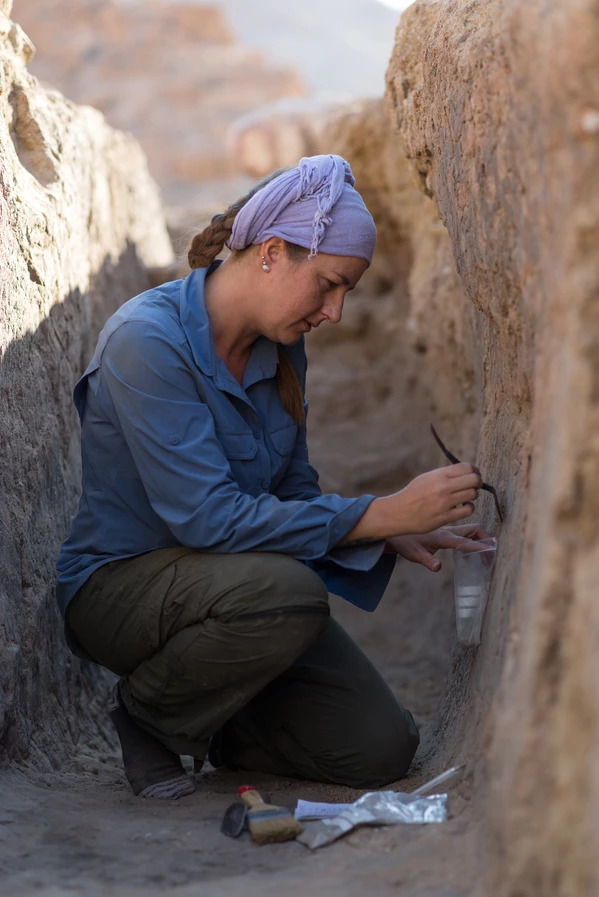
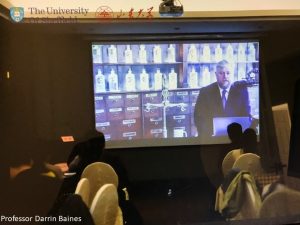 A masterclass was held at Shandong University on 17 and 18 November 2020, overseen by the British Council, with the aim of creating measurable benefits for Chinese patients and the economy by generating new health economics expertise.
A masterclass was held at Shandong University on 17 and 18 November 2020, overseen by the British Council, with the aim of creating measurable benefits for Chinese patients and the economy by generating new health economics expertise.

 Join us to hear the latest updates and guidance on the influencer industry, parental and educators’ engagement, and online safeguarding. Experts in influencer marketing, digital resilience and safeguarding, digital parenting will provide insights into how educators, schools, local authorities, and parents can address social media influencers’ impact on children’s and families’ online activities and developing strategies to ensure the protection of the most vulnerable. Become the master of your digital genie!
Join us to hear the latest updates and guidance on the influencer industry, parental and educators’ engagement, and online safeguarding. Experts in influencer marketing, digital resilience and safeguarding, digital parenting will provide insights into how educators, schools, local authorities, and parents can address social media influencers’ impact on children’s and families’ online activities and developing strategies to ensure the protection of the most vulnerable. Become the master of your digital genie! 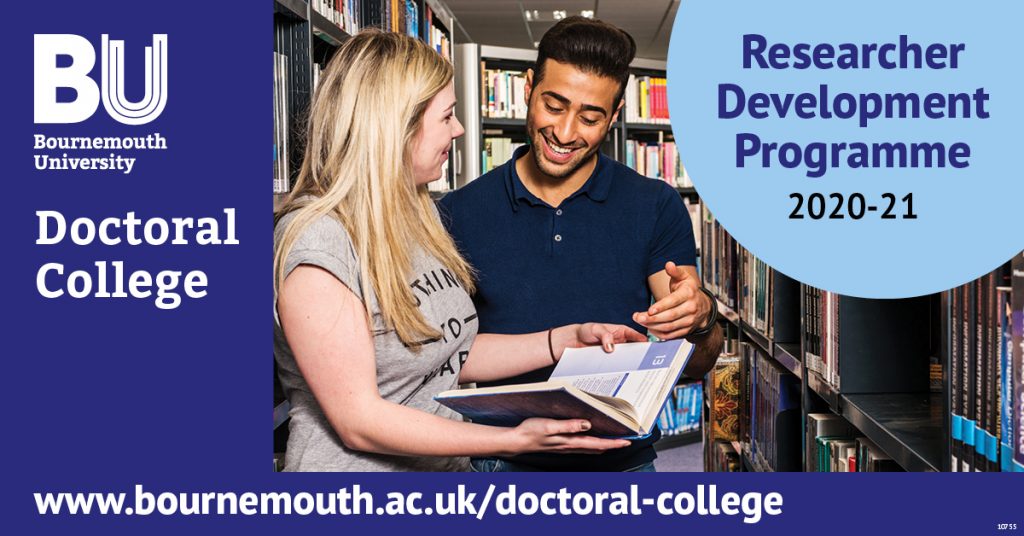
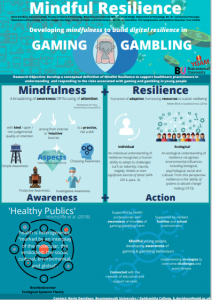
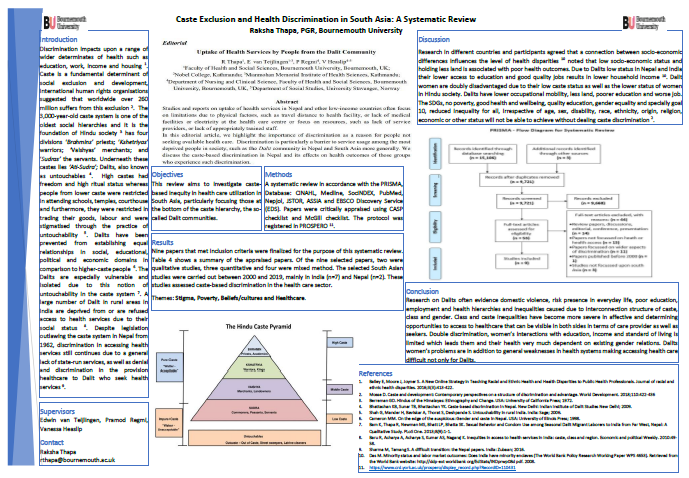
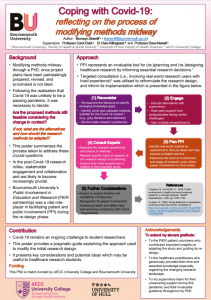
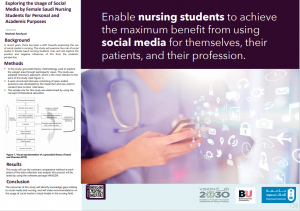
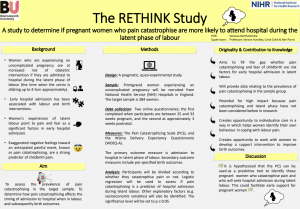
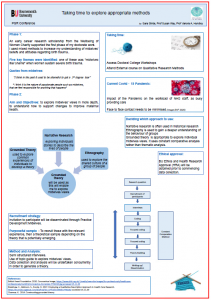
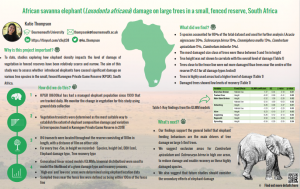
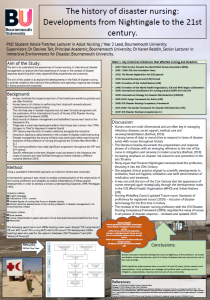
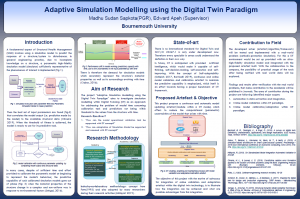











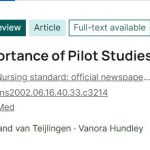 Paper with 160,000 reads
Paper with 160,000 reads The Month in Research: April 2024
The Month in Research: April 2024 BU Professor has been invited to a series of plenary and invited lectures.
BU Professor has been invited to a series of plenary and invited lectures. Research reaching non-academic audiences
Research reaching non-academic audiences April’s Café Scientifique – Should we help machines understand and respond to our emotions?
April’s Café Scientifique – Should we help machines understand and respond to our emotions? Apply for up to £1,000 to deliver an event and take part in a national festival of public engagement with research
Apply for up to £1,000 to deliver an event and take part in a national festival of public engagement with research MSCA Postdoctoral Fellowships 2024
MSCA Postdoctoral Fellowships 2024 Horizon Europe News – December 2023
Horizon Europe News – December 2023